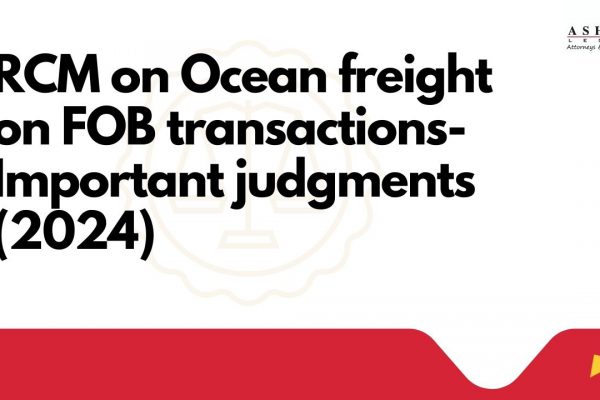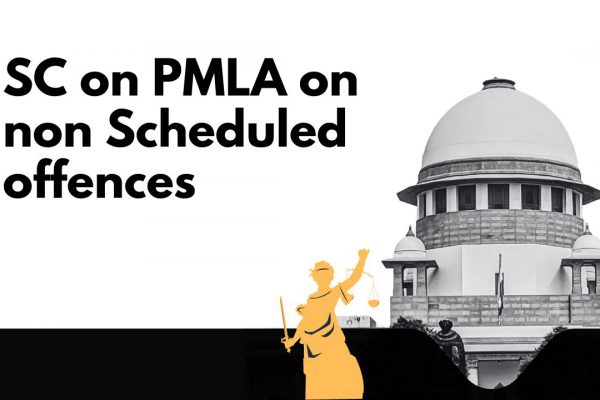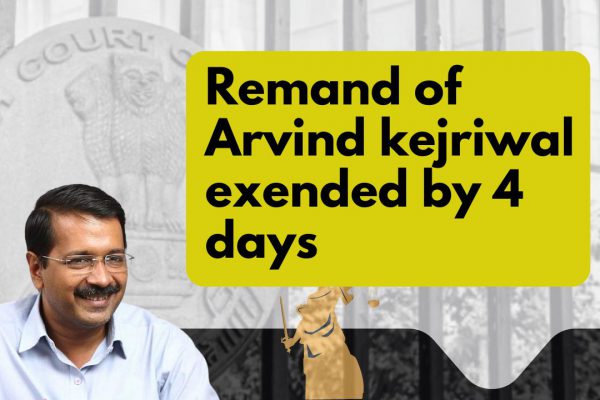These reforms will change GST for ever
As anticipation builds for the Interim Union Budget 2024, a significant announcement is expected to shake up the landscape of Goods and Services Tax (GST) in India. The buzz surrounds proposed reforms aimed at enhancing compliance and easing the burden on businesses, particularly small vendors.
One of the major reforms anticipated in the upcoming budget is the introduction of GST under Reverse Charge Mechanism (RCM) for non-compliant vendors. This move is designed to hold vendors accountable for their tax obligations and ensure compliance with GST regulations. Under RCM, the responsibility for paying GST shifts from the supplier to the recipient of goods or services. This change is expected to incentivize vendors to comply with GST norms and contribute to a more robust tax ecosystem.
In addition to RCM, a new reverse charge-based mechanism is slated to be introduced to improve GST compliance further. This mechanism targets large taxpayers with turnovers exceeding ₹100 crore or ₹500 crore. Instead of relying on their small vendors to fulfill GST obligations, these large buyers would be empowered to directly pay GST dues to the government. By bypassing the traditional supplier-driven payment model, this initiative aims to streamline tax payments and enhance compliance efficiency.
The rationale behind this shift in tax payment onus is twofold. Firstly, it aims to alleviate the compliance burden on small businesses, which often struggle with GST compliance due to resource constraints and administrative complexities. By enabling large buyers to directly settle GST dues, the burden of compliance is eased for smaller vendors, fostering a more conducive business environment.
Secondly, this mechanism seeks to facilitate smoother transactions for large enterprises dealing with smaller vendors. By taking control of GST payments, large buyers can ensure timely and accurate tax compliance, mitigating the risk of non-compliance from their vendors. This not only enhances the reliability of transactions but also fosters trust and transparency in business dealings.
Overall, the proposed reforms in GST payment mechanisms herald a new era of compliance and efficiency in India’s tax regime. By leveraging innovative approaches such as RCM and reverse charge-based mechanisms, the government aims to strengthen GST compliance while fostering a more inclusive and conducive business environment for all stakeholders.
As businesses eagerly await the unveiling of these reforms in the Interim Union Budget 2024, the stage is set for a transformative shift in India’s GST landscape, paving the way for enhanced compliance, transparency, and ease of doing business.
If you already have a premium membership, Sign In.



























